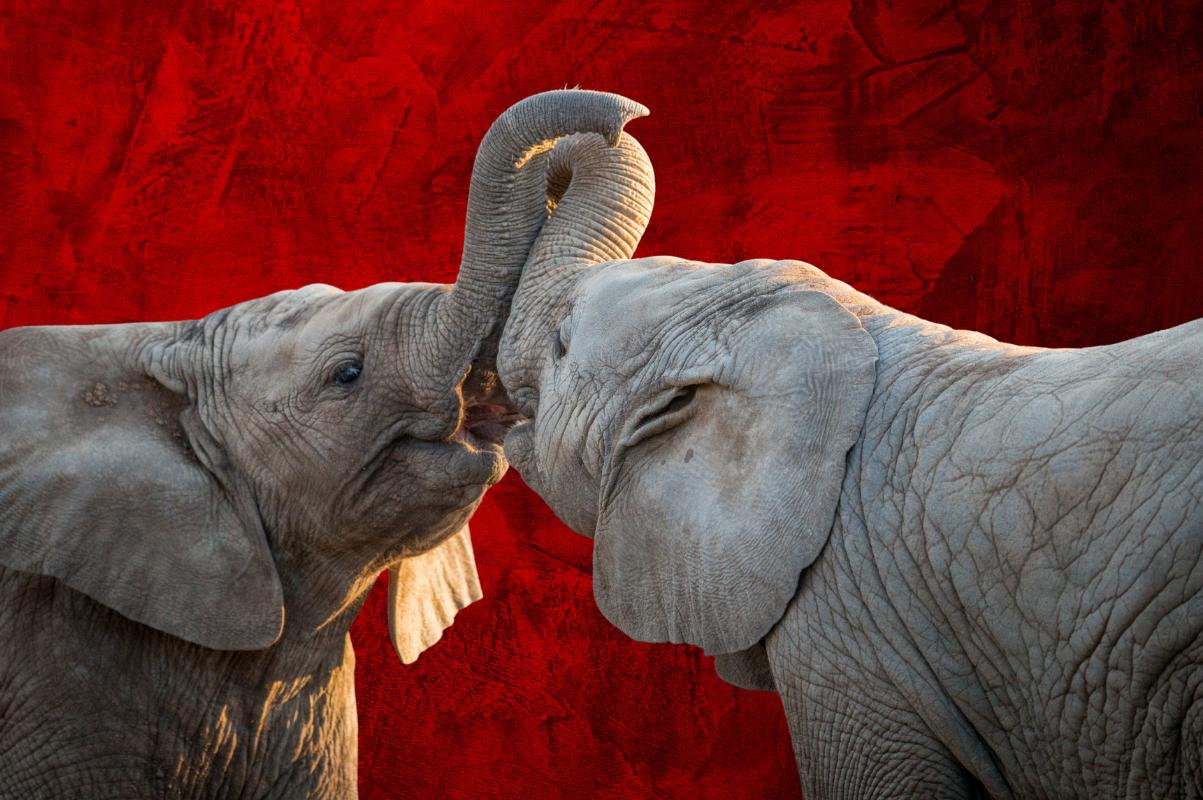Elephant Attack Kills Two Tourists in Zambia, Sparking Urgent Calls for National Park Safety
On June 25, 2025, a tragic incident occurred in Zambia’s esteemed Kafue National Park when an elephant charged a safari vehicle, resulting in the unfortunate deaths of two foreign tourists. Local authorities have officially confirmed the fatalities and injuries sustained by several others. This incident has sparked widespread international shock and renewed global scrutiny of wildlife tourism safety protocols within African national parks.
Witnesses reported that an elephant suddenly emerged from the bush and charged the open-top safari vehicle. The guide attempted to maneuver away, but the elephant overturned the vehicle in seconds. Tragically, the victims, identified as tourists from Germany and South Africa, succumbed to their injuries instantly.
Hamas to Respond Within 24 Hours to ‘Final’ Gaza Ceasefire Proposal.
Elephant Attack Kills Two Tourists – Rising Safety Concerns in Zambia’s Wildlife Parks
The recent incident has sparked urgent calls for a comprehensive overhaul of park safety in Zambia, especially considering the surge in wildlife tourism across Africa. Zambia’s tourism sector has witnessed a significant increase in visitors, particularly to popular attractions like Kafue and South Luangwa National Parks. However, safety protocols have not always kept pace with this growth in tourism.
Conservation experts and tour operators are now advocating for stricter regulations and enhanced training for safari guides. Rachel Banda, a Zambian wildlife advocate, emphasized that this tragedy could have been prevented with stricter safety measures. Banda also highlighted the importance of educating tourists about the risks associated with wildlife encounters and ensuring that vehicles are equipped to handle such emergencies.
Zambia Authorities Respond to Elephant Attack
The Zambia Wildlife Authority (ZAWA) issued a statement expressing condolences to the families of the victims and announcing a comprehensive investigation. ZAWA spokesperson Kelvin Mulenga stated that the authority is thoroughly reviewing all safety protocols currently in place within Kafue National Park. Additionally, Mulenga informed that the park will temporarily suspend certain tours during the ongoing review.
Deadly elephant attacks in Africa are not a new phenomenon. According to data from the World Wildlife Fund, elephants are responsible for over 500 human fatalities annually across the continent. These attacks predominantly occur in rural areas, where human-wildlife conflict is prevalent, rather than in professionally managed safari environments.
International Reaction and Tourism Industry Impact
Tourism boards across Africa are closely monitoring the unfolding situation. The Zambia Tourism Agency has acknowledged the potential damage to the country’s tourism reputation and has pledged to collaborate with international tour operators to reassess safety guidelines. European travel advisory platforms have already issued notices cautioning travelers about wildlife risks in remote parks.
International travel experts predict that this tragic event could lead to long-term changes in the way safaris are conducted. Sarah King, a tourism consultant at Global Safari Group, suggests that tour operators may be compelled to adopt new standards, such as the use of armored vehicles or mandatory animal behavior training for all staff.
Balancing Conservation and Tourist Safety
The elephant attack in Zambia has reignited the ongoing debate between wildlife conservation and tourist safety. As global interest in ecotourism grows, finding a balance between providing tourists with a genuine experience and safeguarding their well-being becomes increasingly crucial.
Experts emphasize the urgent need for improved coordination between conservationists, government agencies, and tour companies in response to this tragic event. Some proposed solutions include implementing GPS tracking of wildlife, limiting tourist access to high-risk areas, and allocating increased funding for ranger training.
Conclusion
The elephant attack in Zambia, which tragically claimed the lives of two tourists, serves as a stark reminder that the global tourism industry and African wildlife authorities must take immediate action. While safari adventures continue to captivate many, it is crucial that these experiences do not compromise human lives or the welfare of animals. As Zambia diligently investigates and responds to this incident, the world closely monitors the situation, hoping that this pivotal moment will catalyze a transformative era of safer and more responsible wildlife tourism.






